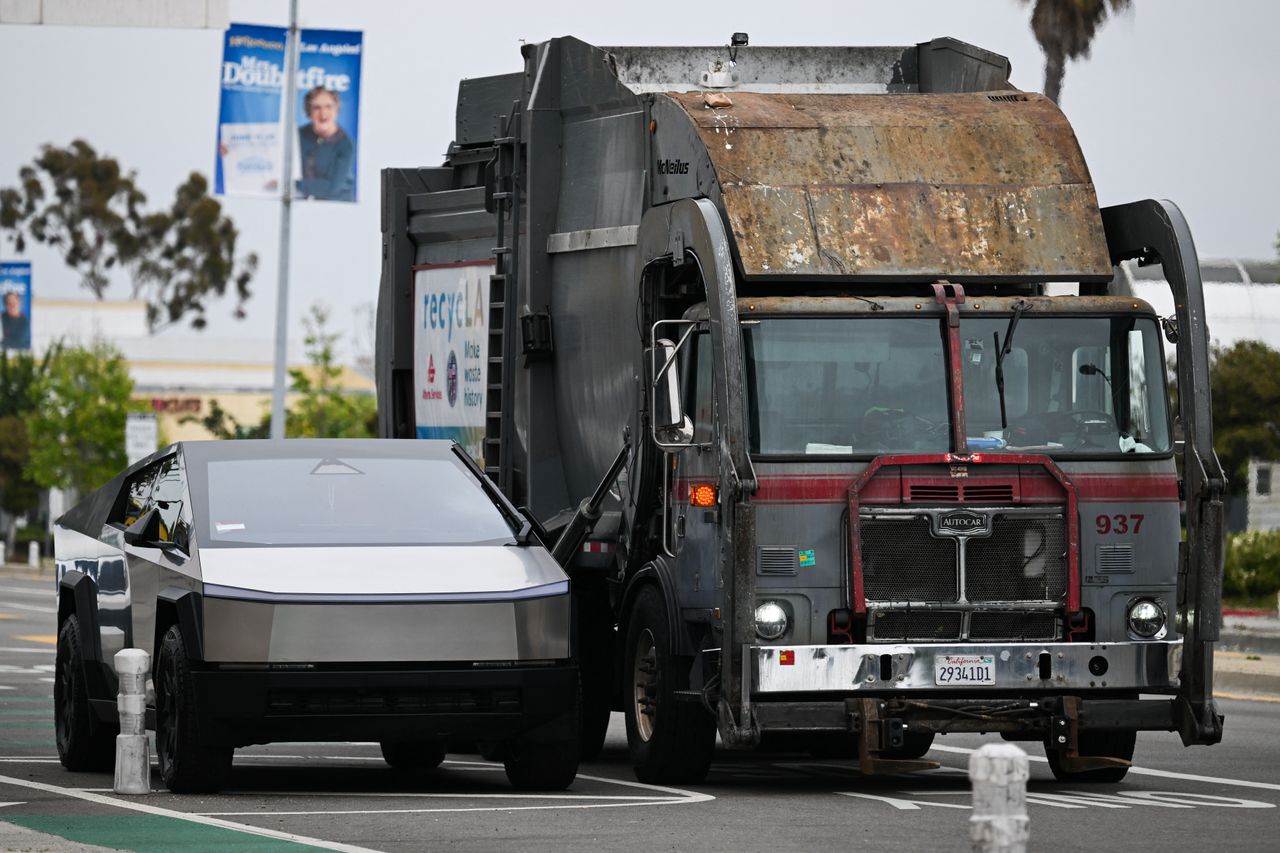- Posted On:2024-12-02 18:12
-
1006 Views
What does Tesla's yo-yo-ing stock mean for its future?
As a relative newcomer in the long and storied history of automotive manufacturers, electric car company Tesla Inc. is in many ways the defining 21st century success story for an industry working to adapt to a less gasoline-dependent future. The crown jewel of CEO Elon Musk's sprawling technological empire, Tesla is not only the first trillion dollar car company in history, but has for many become virtually synonymous with the electric car industry as a whole — even as other companies, both upstart and legacy manufacturers alike, work furiously to supplant Tesla as the automotive e-innovator to beat.
While Tesla is undeniably a juggernaut in its field, it is not invulnerable. The company has struggled through various product recalls and rollout challenges, as well as increased scrutiny and potential reputational damage stemming from Musk's personal and political leanings. This past summer, Tesla stock ended down more than 40% for the second quarter compared to the previous year, offering a "stark contrast for a company that grew to become the world's most valuable automaker on surging sales and profitability," CNN said. Then, in November, Tesla's stock skyrocketed nearly 15% in the wake of Donald Trump's reelection and the implied benefits for newfound MAGA adherent Musk.
Given the wild market fluctuations, could Tesla soon be facing genuine financial trouble — or has the e-vehicle giant cleared another hurdle in its arc toward industry dominance?
'Only a short-term issue'
"Bullish" analysts are "optimistic about future efforts such as Tesla's planned autonomous 'robotaxis' and updates to its self-driving software," Investopedia said. "Sequential fluctuations in automotive gross margin hardly warrant mention, in the context of Tesla's wider ambition" of artificial intelligence products and autonomous commercial vehicles, analyst Alexander Potter of investment bankers Piper Sandler said to Marketwatch.
Already, those "wider" ambitions meant that "not all Tesla's news was bad," said The Motley Fool stock analyst Rich Smith following the company's summer 2024 stock dive. The company's "energy generation (i.e., solar panels) and storage (i.e., batteries) division — which believe it or not is now more profitable (with an 18.9% gross profit margin) than the automotive business, doubled in size to $1.5 billion in sales," Smith said.
In part, Tesla's struggles represent the natural crowding of a field in which the company was, at one time, the sole major player. To that end, Musk himself "disparaged the quality of EVs from other automakers now in the market" to Tesla investors after last week's disappointing earnings statement, CNN said. Ultimately, Musk expressed that the market crowding "posed only a short-term issue for Tesla, not a long-term issue."
Tesla "remains very well positioned longer term" said Stifel analyst Stephen Gengaro to Market Insider. The company's robotaxi projects and fully autonomous driving vehicles mean it is teed up for "robust multi-year growth" for the next several years. Perhaps most crucially, Trump's reelection has helped "unlock the $1 trillion of autonomous/AI value to Tesla's stock as autonomous/FSD [Full Self-Driving] is likely accelerated starting in 2025 and a tailwind for Cybercab timing," said Wedbush Securities analyst Dan Ives. More broadly, Musk's proximity to Trump means there will likely be "carve-outs for Tesla when it comes to tariffs, as well for China," Ives said to The Guardian. "That's why Musk being a big part of the Trump presidency is so important."
'Investors are right to be confused. And nervous.'
This was Tesla's "second straight quarter of year-over-year sales declines for the company" and its "first-ever consecutive quarters of declining sales volume," CNN said. The only precedent for this type of decline for Tesla "came early in the pandemic, when stay-at-home orders forced its factories to close."
Musk "stammered throughout the Tesla earnings conference call" in July 2024 and said he would be "shocked" if full, unsupervised full-self driving did not happen this year, Investor's Business Daily said. "The Tesla CEO has said for almost a decade that full autonomy would likely happen 'this year.'" Musk's robotaxi initiative "relies on self-driving technology Musk has long promised but repeatedly failed to deliver," said Motortrend. Previous successes notwithstanding, Tesla's road ahead "looks littered with potholes" to the point where "investors are right to be confused. And nervous." Factors like Tesla's susceptibility to "fluctuating" demand for EVs at large and China's aggressive ascendency in the global car market means the company might be in "real danger of slipping from top dog to scrappy underdog."
For as much as there is "talk about robotaxis, humanoid robots and autonomous driving" — all things which provide "an exciting narrative for investors — the fact remains that "these are tomorrow's potential riches," AJ Bell analyst Dan Coatsworth said to Reuters. "Not today's."

